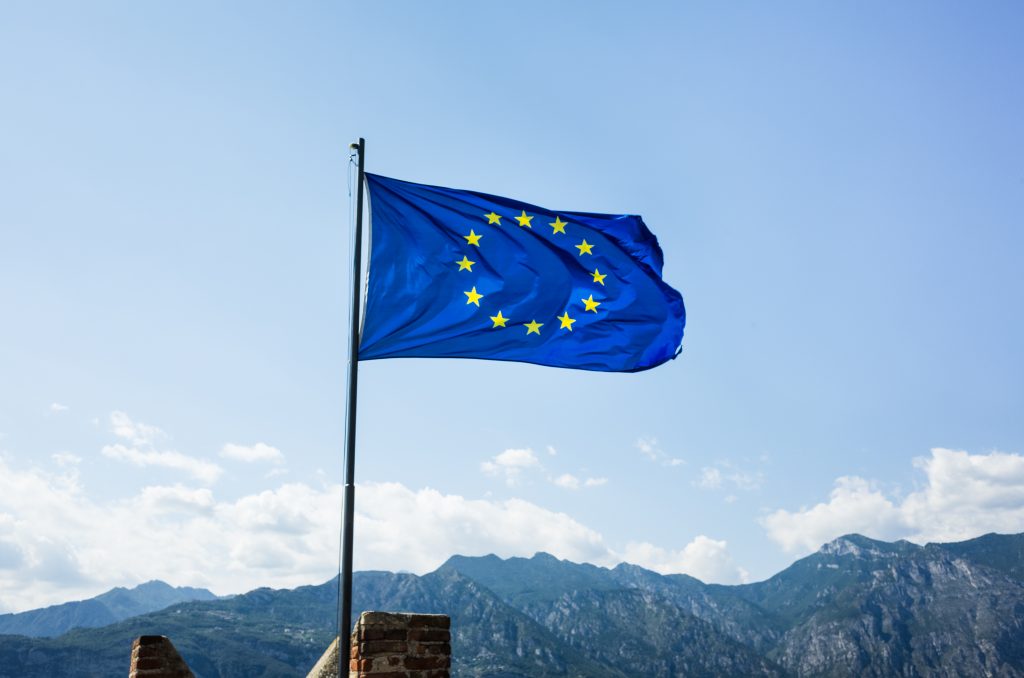As results from last week’s European Parliament elections roll in, one thing is clear: traditional political parties that once commanded majorities across the Union’s member states suffered defeats of varying degrees of severity. Although not as much as it had hoped, the more radical or populist end of the political spectrum gained ground.
What Happened
The two centrist parties that formed the previous Parliament’s majority coalition, the European People’s Party and the Party of European Socialists, lost the majority it had held for decades. Europe’s far-right parties solidified already formidable positions. Marine Le Pen’s National Rally narrowly defeated Emmanuel Macron’s La France en Marche. In Italy, far-right and Eurosceptic La Lega won more than a third of the vote, defeating its nearest rival by a considerable margin. And in the U.K, the newly formed Brexit Party won more votes than the Conservative and Labor parties combined.
Why it Matters
Several of the parties that gained ground in this election, including France’s National Rally, have been caught up in Russian interference in the past. As recent scandals such as those in in Italy and France show, populist political parties are vulnerable to manipulation by hostile actors like Russia. Compounding this vulnerability, campaign finance laws regarding foreign funding remain dangerously lax in a number of EU member states, making it easier for Russia to use malign financial tools to manipulate EU political parties and to cover their tracks thereafter, as they did in France until their illicit deal with National Front (now National Rally) was exposed.
What to Watch
One far-right party that did not fare well was Austria’s Freedom Party (FPÖ), which had its worst showing since the 2009 European elections. That’s after its chairman, Austria’s Vice-Chancellor, Heinz-Christian Strache was caught on tape attempting to garner financial support from an individual he understood to be the niece of a Russian oligarch. The scandal prompted the resignation of Chancellor Sebastian Kurz and his coalition government. It remains to be seen, however, whether and to what extent the Austrian public will punish the FPÖ come September, when elections for Parliament will be held.
The views expressed in GMF publications and commentary are the views of the author alone.





